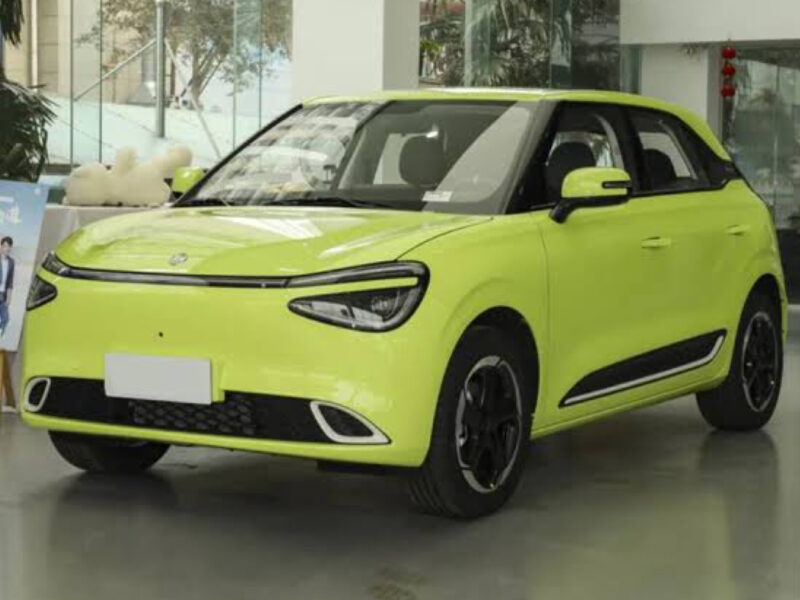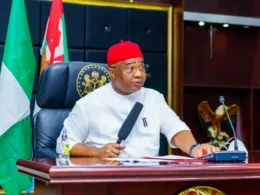Nigeria’s Innoson Unveils First Locally Produced Electric Vehicle, Boosting Decarbonization Efforts
In a major milestone for Nigeria’s automotive industry, Innoson Vehicle Manufacturing Company (IVM) has unveiled its first locally produced electric vehicle (EV). The company’s Head of Communications and Corporate Affairs, Cornel Osigwe, took to Facebook to announce the news, stating that the EV was manufactured at the company’s production plant in Nnewi, Anambra state.
The unveiling of the Innoson EV marks a significant step forward for the country’s automotive industry, as Nigeria joins the growing list of countries transitioning to electric vehicles to combat climate change. The International Energy Agency (IEA) estimates that transportation is responsible for over 15% of global energy-related emissions, making EVs a crucial technology for decarbonization.
The Innoson EV is the company’s first-ever production of an electric vehicle, and while details regarding pricing and commercial release are still under wraps, the news is expected to spark excitement in the Nigerian automotive market. The country’s growing demand for electric vehicles is driven by improved range, a wider variety of models, and enhanced performance.
However, Nigeria’s EV journey has not been without its challenges. The country’s energy crisis has hindered the widespread adoption of electric vehicles. With only around 5,000 megawatts of electricity generated against a demand of 40 terawatts, Nigeria faces significant energy poverty. The World Economic Forum (WEF) reports that only 25% of rural populations have access to electricity, relying on biomass and waste as primary energy sources.
Despite these challenges, the launch of the Innoson EV presents an opportunity for investors in the EV space. The deregulation of the downstream sector of the petroleum industry has led to an increase in petrol prices, making electric vehicles a more attractive option if charging costs prove lower than refueling.
The introduction of electric vehicles in Nigeria is not a new phenomenon. In 2021, Stallion Motors introduced its first locally assembled electric vehicle, the Hyundai Kona, marking a significant milestone for the country’s automotive industry. The launch of a pilot program by the National Automotive Industry Design and Development Council (NADDC) aimed to establish 100 solar-powered electric vehicle charging stations across the country.
As Nigeria continues to navigate its energy crisis, the introduction of electric vehicles is expected to play a crucial role in reducing emissions and promoting sustainable development. With the Innoson EV on board, the country takes another step towards embracing cleaner transportation options.










Join our Channel...